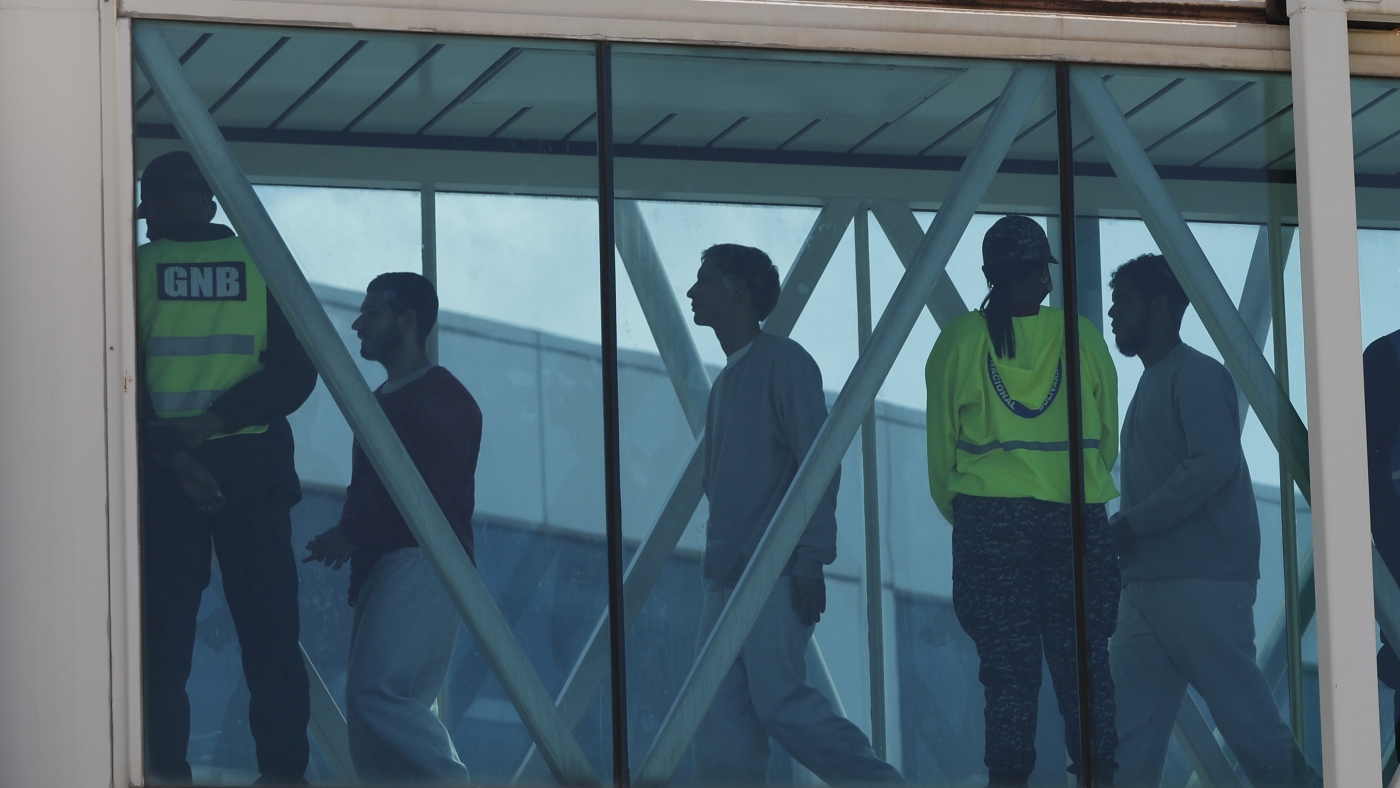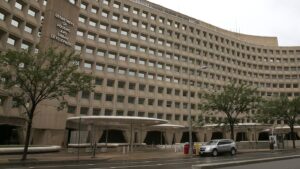The Supreme Court Temporarily Halts Deportations of Venezuelans in Texas
In a significant legal development, the Supreme Court has intervened to halt, at least temporarily, the deportation of Venezuelans detained in northern Texas. The action comes amid ongoing debates surrounding the use of a centuries-old law to expedite removals.
The court’s brief order directed the Trump administration to pause deportations from the Bluebonnet Detention Center until further notice. This decision stems from an emergency appeal by the American Civil Liberties Union (ACLU), which argued that immigration officials were poised to resume deportations under the Alien Enemies Act of 1798. Previously, the Supreme Court had mandated that deportations could only proceed if detainees were granted the opportunity to contest their removal in court.
ACLU attorney Lee Gelernt expressed relief, stating, “We are deeply relieved that the Court has temporarily blocked the removals. These individuals were in imminent danger of spending the rest of their lives in a brutal Salvadoran prison without ever having had any due process.”
The court’s decision follows a series of legal challenges. On Friday, two federal judges declined to intervene, although one acknowledged the case raised legitimate concerns. The ACLU had already initiated legal action to prevent the deportation of two Venezuelans from Bluebonnet and sought a broader injunction against the use of the Alien Enemies Act in the region.
In recent filings, the ACLU warned that immigration authorities were labeling other Venezuelan detainees as members of the Tren de Aragua gang, invoking President Donald Trump’s authority under the Alien Enemies Act to expedite their removal. Historically, the Act has been used sparingly, most notably during World War II for the internment of Japanese-Americans.
Earlier this month, federal judges in Colorado, New York, and southern Texas issued orders preventing deportations under the Act until due process was ensured. However, no such order existed in the Texas area encompassing Bluebonnet, located just north of Abilene.
District Judge James Wesley Hendrix, appointed by Trump, declined to block the administration from deporting the two men identified in the ACLU lawsuit, citing sworn statements from Immigration and Customs Enforcement (ICE) that deportations were not imminent. He also hesitated to issue a broader injunction as removals had not begun.
Further complicating matters, the ACLU provided affidavits from immigration lawyers indicating that clients at Bluebonnet were informed they would be deported due to alleged gang affiliation. In one affidavit, lawyer Karene Brown noted her client, who only speaks Spanish, was pressured to sign English documents.
During a hearing before District Judge James E. Boasberg in Washington, D.C., Gelernt revealed that Venezuelans were initially moved to a south Texas facility for deportation but were subsequently transferred to Bluebonnet following a judicial ban in the former area. Reports indicated that detainees were being prepped for transport to the airport.
Judge Boasberg, though sympathetic, explained his jurisdictional limitations, stating, “I’m sympathetic to everything you’re saying. I just don’t think I have the power to do anything about it.”
Boasberg recently found probable cause that the Trump administration may have violated his initial deportation ban. He expressed concern that ICE’s documents did not clarify detainees’ rights to challenge their removal in court, as the Supreme Court required.
Justice Department attorney Drew Ensign countered that detainees would have at least 24 hours to challenge deportation in court. While no flights were scheduled for Friday night, the Department of Homeland Security retained the right to proceed with removals.
On a related note, a Massachusetts judge solidified a ban on deporting immigrants to countries other than their home nations unless they are informed of their destination and given the chance to object if facing potential harm.
This article was originally written by www.npr.org





